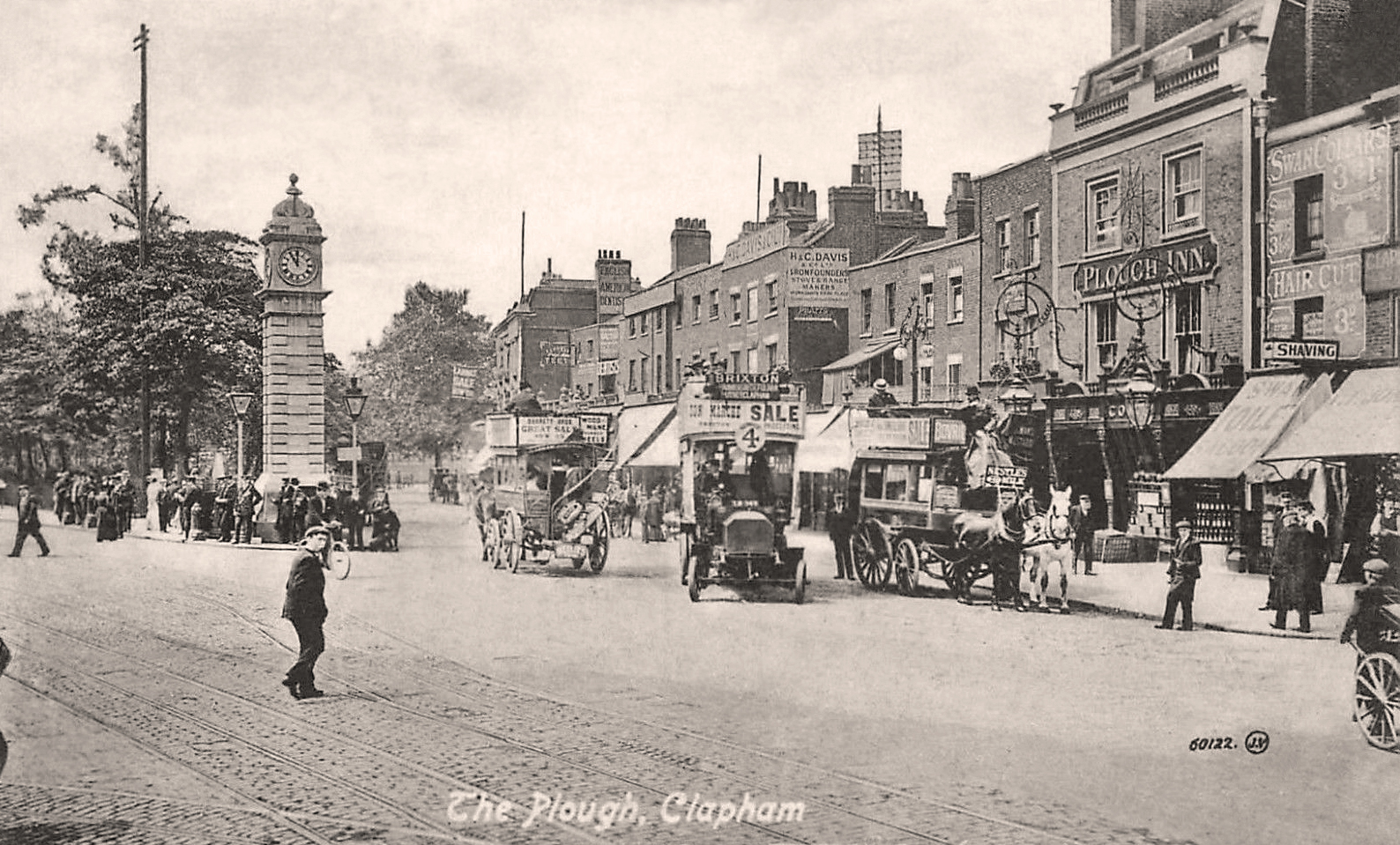The comfortable, the rich and the super-rich: what really happened to top British incomes during the first half of the twentieth century?
by Peter Scott and James T Walker (Henley Business School, University of Reading)
This research will be presented during the EHS Annual Conference in Belfast, April 5th – 7th 2019. Conference registration can be found on the EHS website.

Long-run analysis of British income inequality has been severely hampered by poor historical income distribution data relative to other western countries. Until 1937, there were no official peacetime income distribution estimates for Britain, despite considerable contemporary interest in how much of the national income was taken by the rich.
In research to be presented at the Economic History Society’s 2019 annual conference, we address this question, focusing on changes in the incomes of the top 0.001-5% of the income distribution. This group is important for two reasons. First, because top incomes accounted for a substantial slice of total personal incomes, with the top 1% and top 5% taking around 30% and 45% of total income in 1911, according to our estimates.
Second, income redistribution in western countries is typically dominated by changes in the shares of the top 5% and, especially, within the top percentile. Thus examining higher incomes is crucial to explaining the apparent paradox between a relatively stagnant income distribution among the bulk of the British population and the generally assumed trend towards a more equal pre-tax income distribution.
Using a newly rediscovered Inland Revenue survey of personal incomes for taxpayers in 1911, we show that Britain had particularly high-income inequality compared with other Western countries. Top British income shares fell considerably over the following decades, though British incomes remained more unequal than in the United States or France in 1949.
Inequality reduction was driven principally by a collapse in unearned incomes, reflecting economic shocks and government policy responses. Over the period from 1911 to 1949, there was a general downward trend in rent, dividend and interest income, with particularly sharp falls during the two world wars and the recessions of 1920-21 and 1929-32.
War-time inflation eroded the real income received from fixed interest securities; new London Stock Exchange issues of overseas securities were restricted by the Treasury (to protect Britain’s foreign exchange position), reducing rentiers’ ability to invest their income overseas; and the agricultural depression lowered real (inflation-adjusted) land rents.
These trends reflected a progressive collapse of the globalised world economy from 1914 to 1950, which both reduced the incomes of the rich and redistributed income to the bottom 95% of the income spectrum.
For example, rent control (introduced in 1915 and continuing throughout the period of our study), depressed the incomes of landlords, but substantially reduced the real cost of a major household expenditure burden, in a country where around 90% of households were private tenants. Rent control also led to extensive house sales by landlords, mainly to sitting tenants, at prices reflecting their low, controlled, rents.
Meanwhile the scarcity of low-risk, high yielding assets during the interwar years led to substantial deposits in building societies by high-income individuals, funding the house-building boom of the 1930s. Restrictions on overseas new issues also led the City of London to become increasingly involved in British industrial finance – expanding industrial growth and employment.
Conversely, the policy liberalisations of the 1980s that heralded the start of the new globalisation (and the resumption of growing income inequality in western nations) have made it far easier for the rich to offshore their assets, or themselves, either in search of better investments opportunities or jurisdictions more suited to protecting their wealth. This has produced a strong international trend towards rising income inequality, with Britain returning to its position as one of the most unequal western nations.

